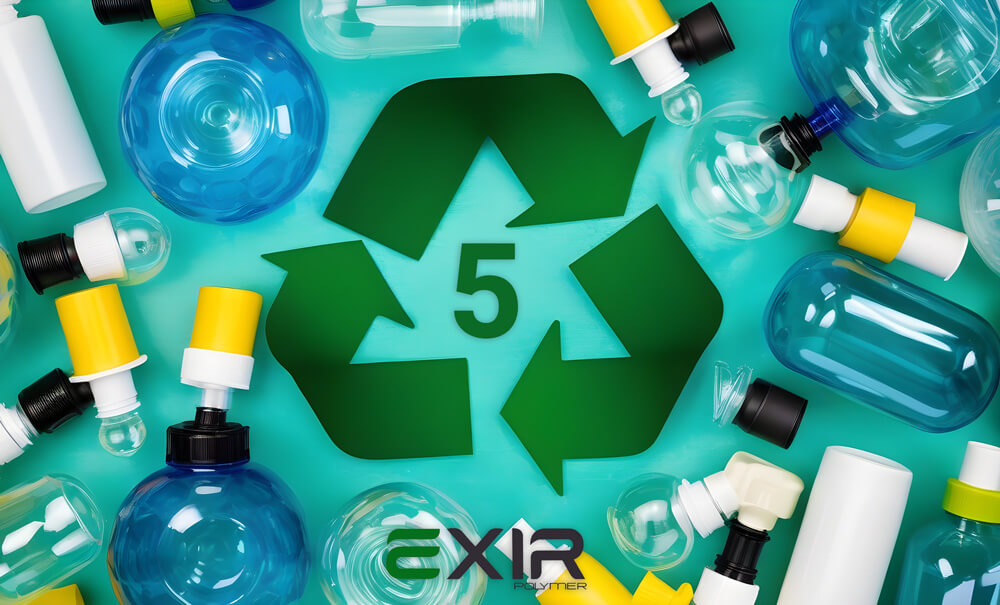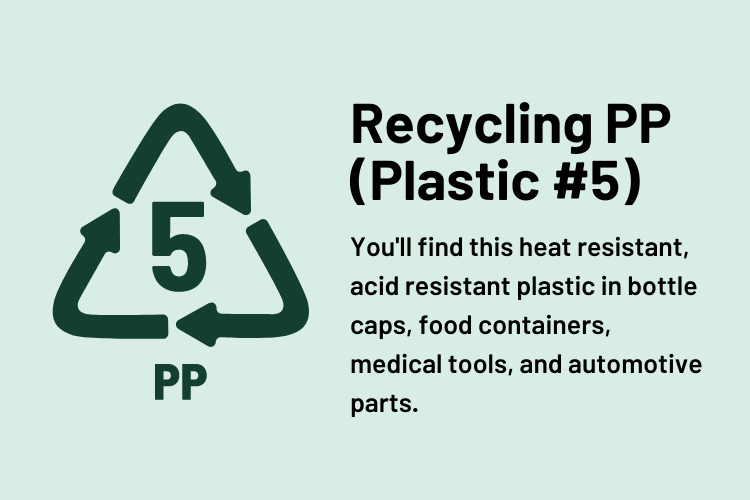How PP Recycling is Shaping a Greener Tomorrow
How PP Recycling is Shaping a Greener Tomorrow
Blog Article
As sustainability becomes a vital focus world wide, the highlight is on what industries may reduce environmental impacts. Polypropylene (PP), one of the very typically used materials, has gained substantial attention because of its possible in the round economy. With growing problems about plastic spend, PP recycle answers are emerging as a promising avenue for achieving sustainability goals and reducing environmental footprints.

Polypropylene is widely used across different industries, from appearance to automotive pieces, because versatility, energy, and cost-effectiveness. Nevertheless, the persistence of PP in landfills and oceans presents a major environmental challenge. Fortunately, developments in recycling systems are providing new possibilities to sell PP more effectively and effectively.
One of the most significant developments in PP recycling may be the increase in mechanical recycling processes. Mechanical recycling requires breaking down plastic spend into little particles, which will then be reprocessed into new products. This process offers a more energy-efficient substitute compared to traditional plastic production. PP could be recycled multiple instances, lowering the necessity for virgin material extraction and reducing the entire carbon footprint.
In addition to physical recycling, substance recycling technologies are getting traction. Compound recycling involves wearing down materials within their bottom chemicals, which may be recycled to generate new plastic products. This process makes for the recycling of contaminated or mixed plastic waste that will otherwise be non-recyclable through standard methods. As chemical recycling technologies increase, they might revolutionize just how PP is prepared and recycled, making it a key participant in the continuing future of plastic spend management.
The raising concentrate on PP recycling can also be driving improvements in item design. Organizations are developing PP items that are simpler to sell by utilizing monomaterial appearance, reducing harmful ingredients, and selling patterns that help the recycling process. Effort across industries is essential to ensuring that PP goods are recyclable right away and could be successfully refined at the conclusion of these living cycle.
Moreover, client recognition and conduct enjoy an important position in the success of PP recycling. With increasing need for sustainable products, more individuals and firms are using steps to ensure that PP waste is discarded correctly. Knowledge campaigns and incentive applications can encourage better recycling techniques and help shut the hook on PP waste.

Seeking forward, PP recycling options are poised to be at the lead of sustainable waste management. As systems improve and industries undertake more circular methods, PP may continue to be an invaluable resource, operating equally environmental and financial benefits. The continuing future of sustainability hinges on inventions in recycling, and PP recycling alternatives will undoubtedly enjoy a essential position in shaping this future. Report this page